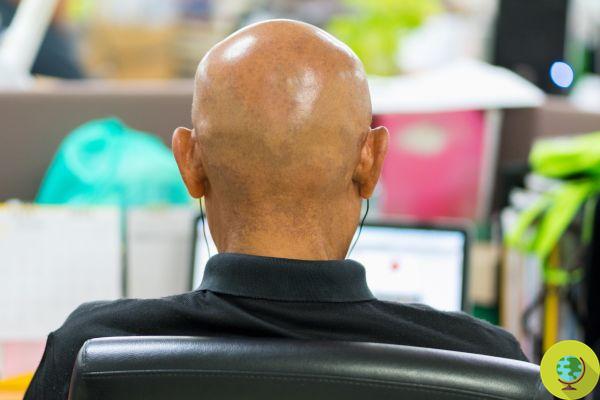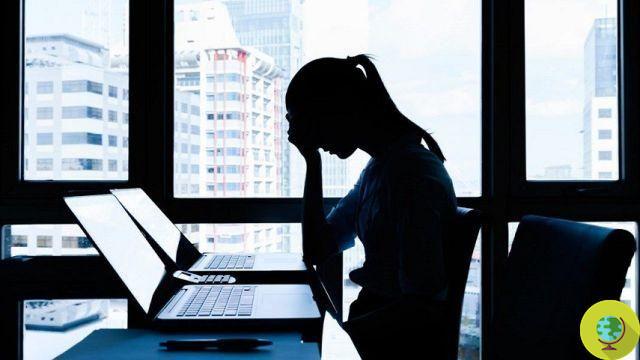
Smart working can damage mental health, especially if you work in pajamas. The Australian study
Don't store avocado like this: it's dangerousSmart working has no immediate overall effects on productivity, but it can damage mental health, especially if you work in pajamas. A study conducted by Medical Research of Sydney (Australia), conducted in full lockdown, launches an alert on the side effects of working from home.
The pandemic of Covid-19 incentivized it smart working as a preferred way of working, where possible, to contain infections by limiting the harmful effects on the economy. And many studies have been conducted to see if this could somehow reduce productivity.
An Australian study now tells us that no, in general productivity is not damaged, but unfortunately - and it is worse - ours can be affected. mental health, especially if we work in pajamas.
The work was carried out between 30 April and 18 May 2020, also in full lockdown in Australia, through questionnaires distributed among workers forced to work at their home, scientists and non-scientists, and showed that wearing pajamas (or rather , do not take it off right after the night) significantly damages mental health.
In particular, 59% of the respondents habitually smart working in pajamas showed signs of psychic imbalance of various kinds compared to 29% of those who preferred to get dressed before starting the work day.
Productivity, on the other hand, does not seem to be affected by this habit (although compromised mental health also damages productivity in the medium to long term), while - and it was to be expected - it is the presence of small children in the house to interfere with work performance.
The only difference: early career researchers reported that they felt less skilled at writing scientific articles while working in pajamas, but this is perhaps explained by less experience, often associated with seeking contact with more experienced colleagues.
Only in Australia?
“Our results are probably applicable to scientists from other countries - the researchers write in the paper's conclusions - They can help to improve work from home policies removing the stigma associated with wearing pajamas at work and providing support to working parents and early career researchers ”.
The work was published in The Medical Journal of Australia.
Sources of reference: The Medical Journal of Australia
Read also:
- After 25 years of smart working you will become like this (or maybe not)
- Smart working mothers have the greatest workload (and stress) during confinement. Studies


























